How to Live More Wisely with Our Phones is a remarkable essay from The School of Life about the ways our reliance on cell phones both benefit and gravely hinder us. It’s long but well worth reading for its many insights into how we can live in balance with the incredibly helpful and danger-laden technological tool we all rely on. I’ve condensed it into the most useful, view-shifting hunks, interspersed with screenshots of possible phone wallpaper to call myself to awareness before I dive into my phone.
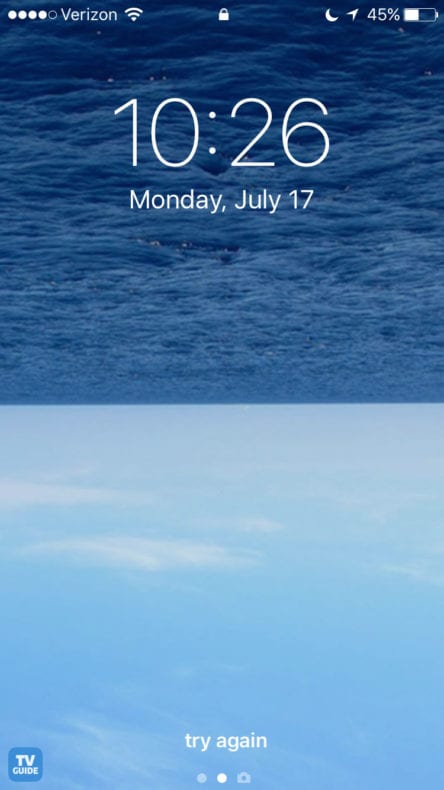
Check in whether you are using your phone as a tool, or as an addiction, “to keep your own self at bay”
Addiction is, in essence, dependence on a substance that keeps our real hopes and fears at bay: it is any and every routine we deploy to avoid a fair and frank encounter with our own minds.
…We are addicted to our phones not because we rely on them, but to the extent that we recruit them to a harmful project of self-avoidance…to keep our own selves at bay.
…our society and culture…places in our hands ever-open conduits to everything that could possibly divert our minds: real estate…the news…social chit-chat…games…the twelve best hotels somewhere…the intimate lives of every celebrity on the planet…
Many clever, hard working people are devoting their lives to making money by capturing, if only for a few seconds, the most precious thing we possess: the focus of our minds – and our time.
Because of our phones, we may find ourselves incapable of sitting alone in a room with our own thoughts floating freely in our own heads, daring to wander into the past and the future, allowing ourselves to feel pain, desire, regret and excitement.
Although I meditate and work hard to be aware, I see that compulsive checking is really a way to deal with two things: my anxiety and escape from the reality at hand. That is very different from using the phone as a tool: to photograph, navigate, measure, take a note, call for help or to check in with someone who really needs it.
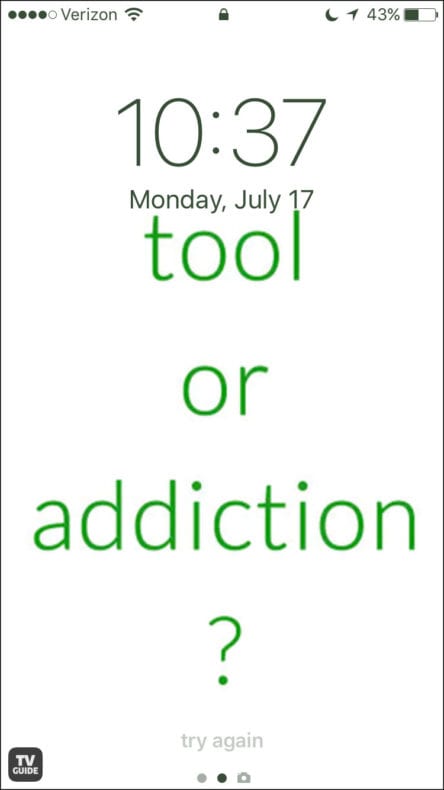
Look things up inside yourself
We can look up so much on our phones: we check the population of Lima; who won the Ladies Final at Wimbledon in 1997; the definition of ‘tautology’…
Yet this constant resource has an unwitting, unfortunate side-effect:
We consult our phones, rather than ourselves.
…we already possess – in scattered, unpolished forms – the raw material from which a huge number of the very best insights and ideas could be formed: if only we gave them enough time and attention.
Often it’s not more information we need but more ambitious use of the information we already possess. What makes for a genuinely enjoyable holiday? What, really, do I love about tennis? What do I need and want to say to my friends? The only instrument to use is our own brain.
While writing this post, a quote I once read floated up from my memory banks:
With every labor-saving device we embrace, a part of life is lost.
I thought it was from Antonin Artaud, but could find no reference of it anywhere on Google. A friend commented: Why does it matter if you can’t find where it came from? The meaning remains the same.
I regularly use my phone to track my exercise. But am I remembering to check in with how I feel, what my sense is of the distance I’ve traveled, the speed with which I’ve walked, if it is right to push myself?
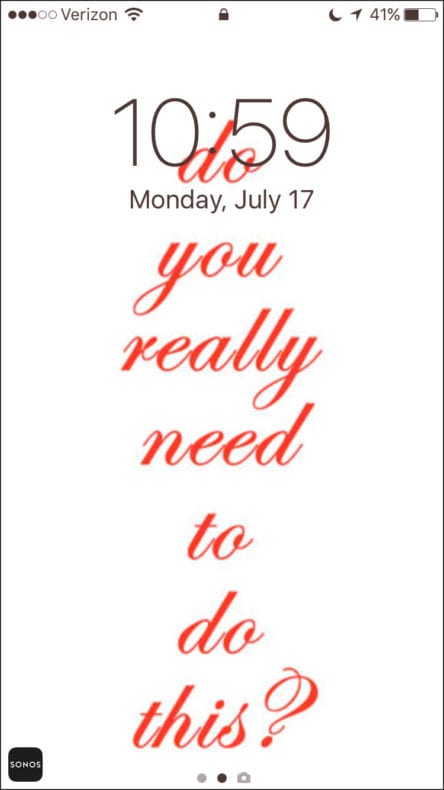
Take a regular digital sabbath; rest from your device, even for a short period
In the Ten Commandments, we are told that God ordered the Israelites to do no work on the Sabbath (that is, the seventh) Day.
…it was a notion of the deep utility of rest that was being advocated…We regularly need to stop – even when something is otherwise valuable to accomplish. And it helps if we are told to stop in a rather authoritative way
The concept of a digital Sabbath is… recognising that we are over-obedient to our machines. We’re too compliant by nature and therefore need to be reminded – with the utmost authority – that we must at points take a break.
The problem is…the great authorities of the modern world are the voices of corporate interests; they don’t necessarily have our best needs at the front of their minds.
…we…need to engage directly with others, to be relaxed, immersed in nature and present. We need to let our minds wander off of their own accord. We need to go through the threshold of boredom to renew our acquaintance with ourselves.
And we need to do this on a regular basis, perhaps one day a week. We might designate every Saturday as the occasion when – for a while – we mute the tyrannical machine.
When I first experienced the refreshing quiet of observing a sabbath with Jewish friends, who a full day every week to disconnect from electronics, work, chores…to be with family over meal, celebration, communion and reflection, the real value of the Sabbath became clear. Even a short rest from our devices can refresh: the hour we walk in the park, the dinner with friends, a Sunday, an evening…?
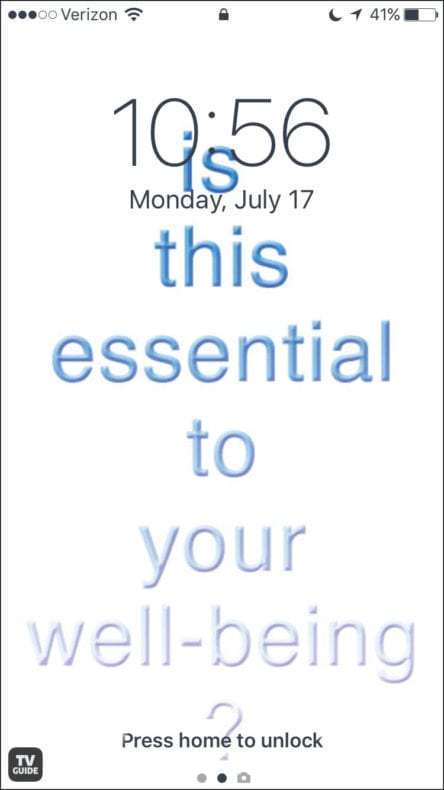

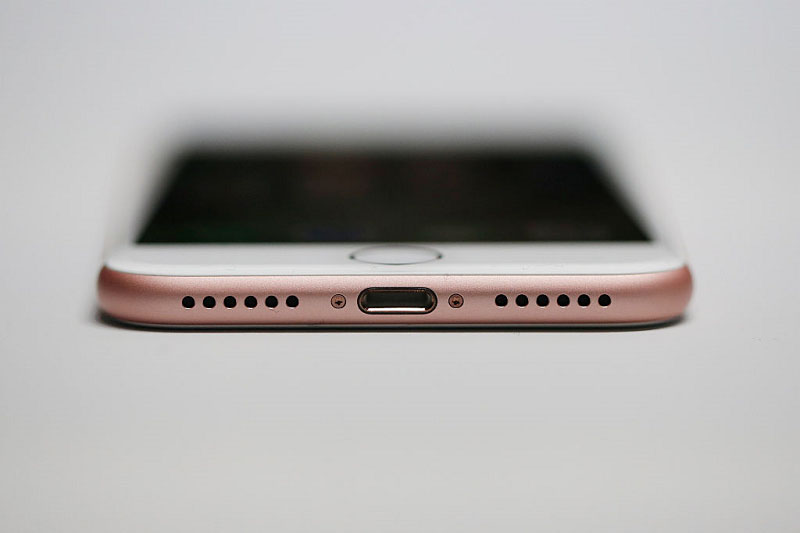
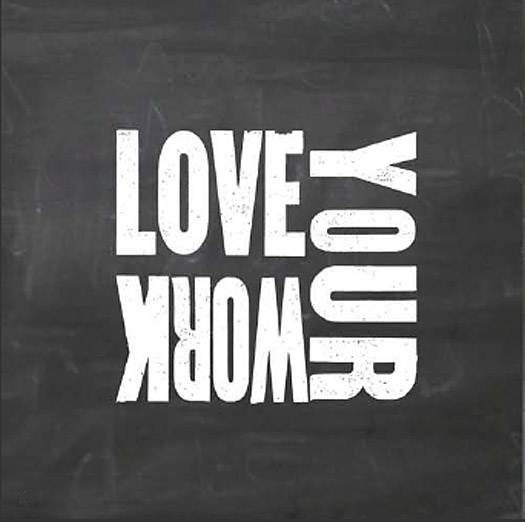


I have to dispute the implicit assumption that a smart phone is essential. I use an old-school flip phone and carry an iPad mini only when I travel. I have not noticed any diminution in the quality of my life. I see more, hear more, interact with people more and learn more when I’m out on the street, and I definitely feel safer.